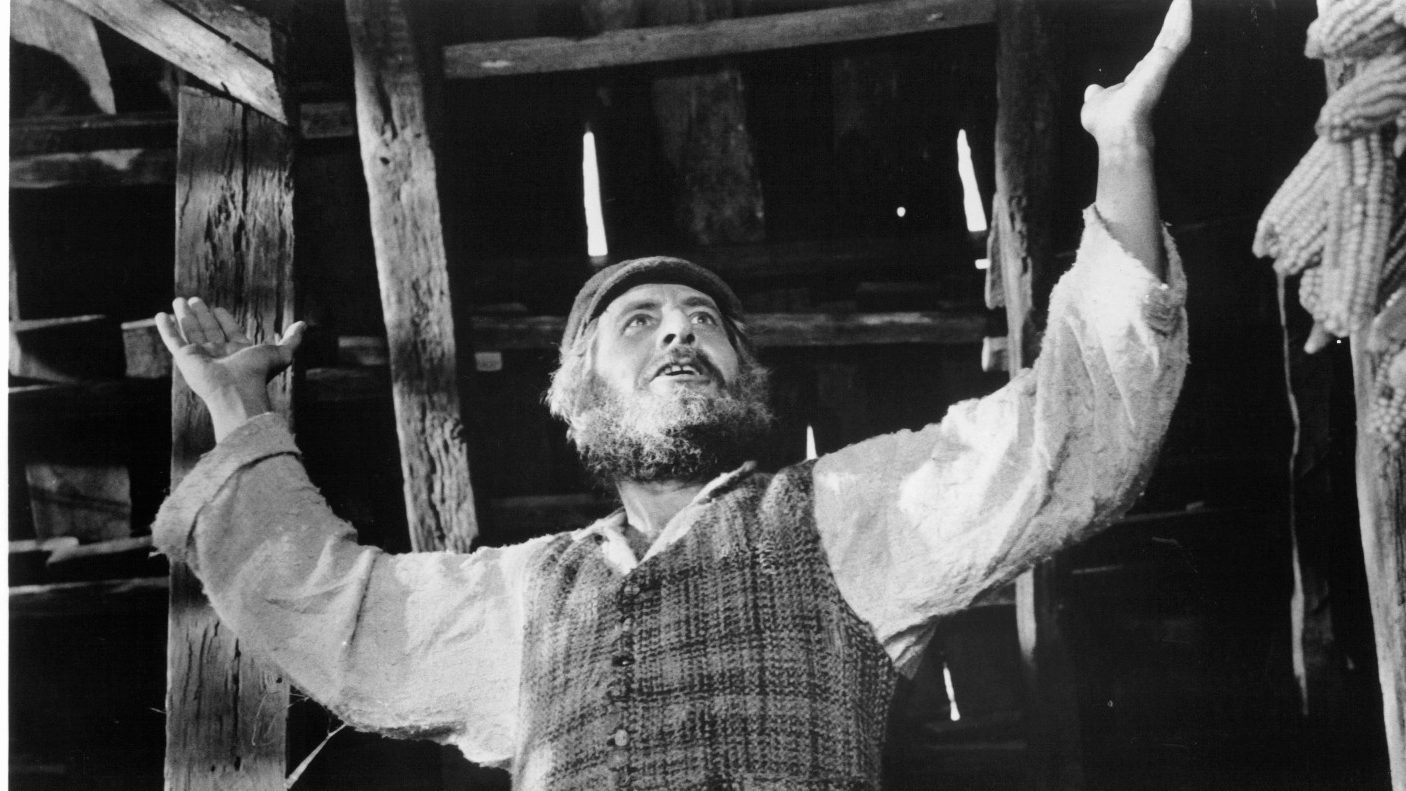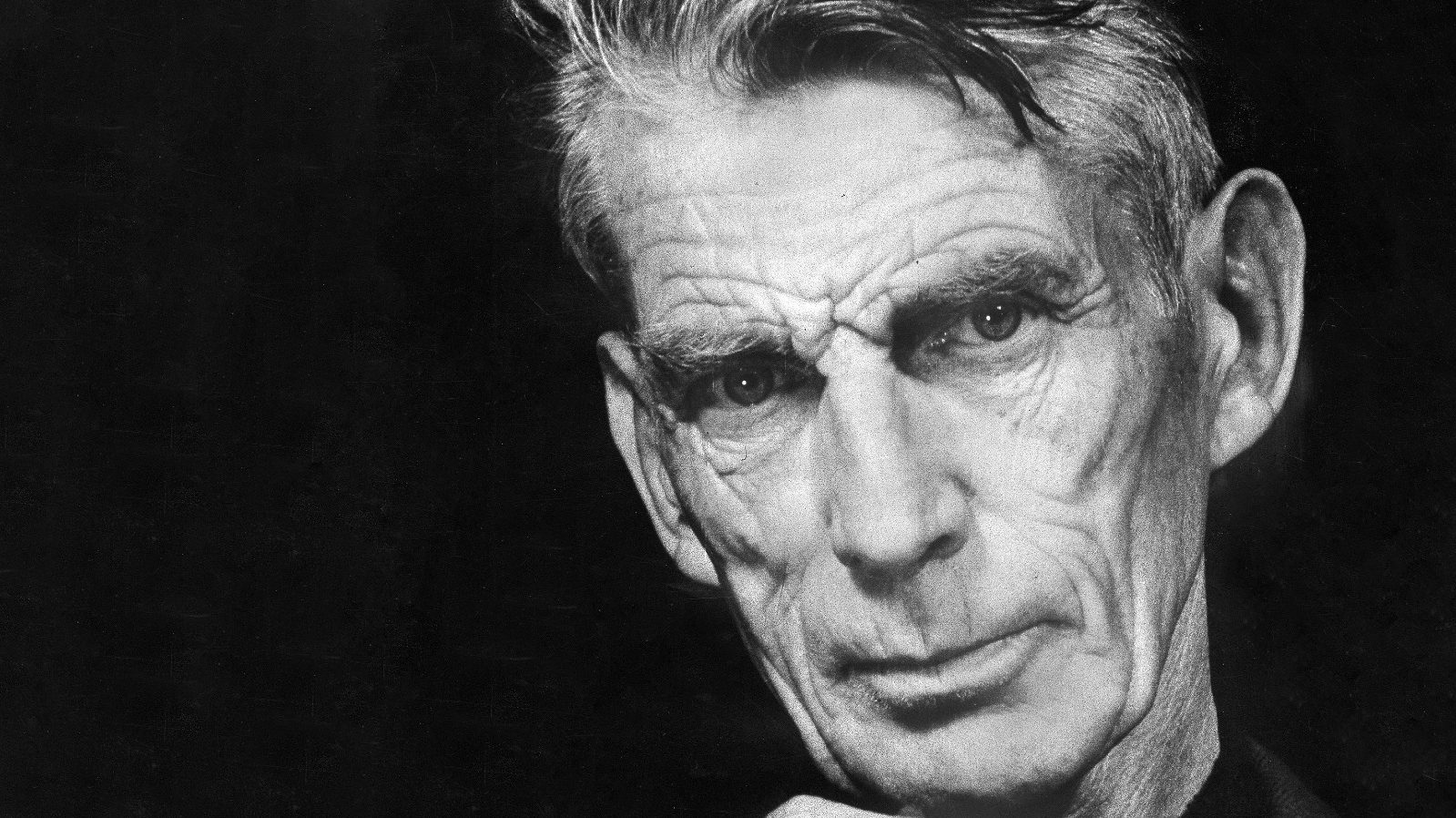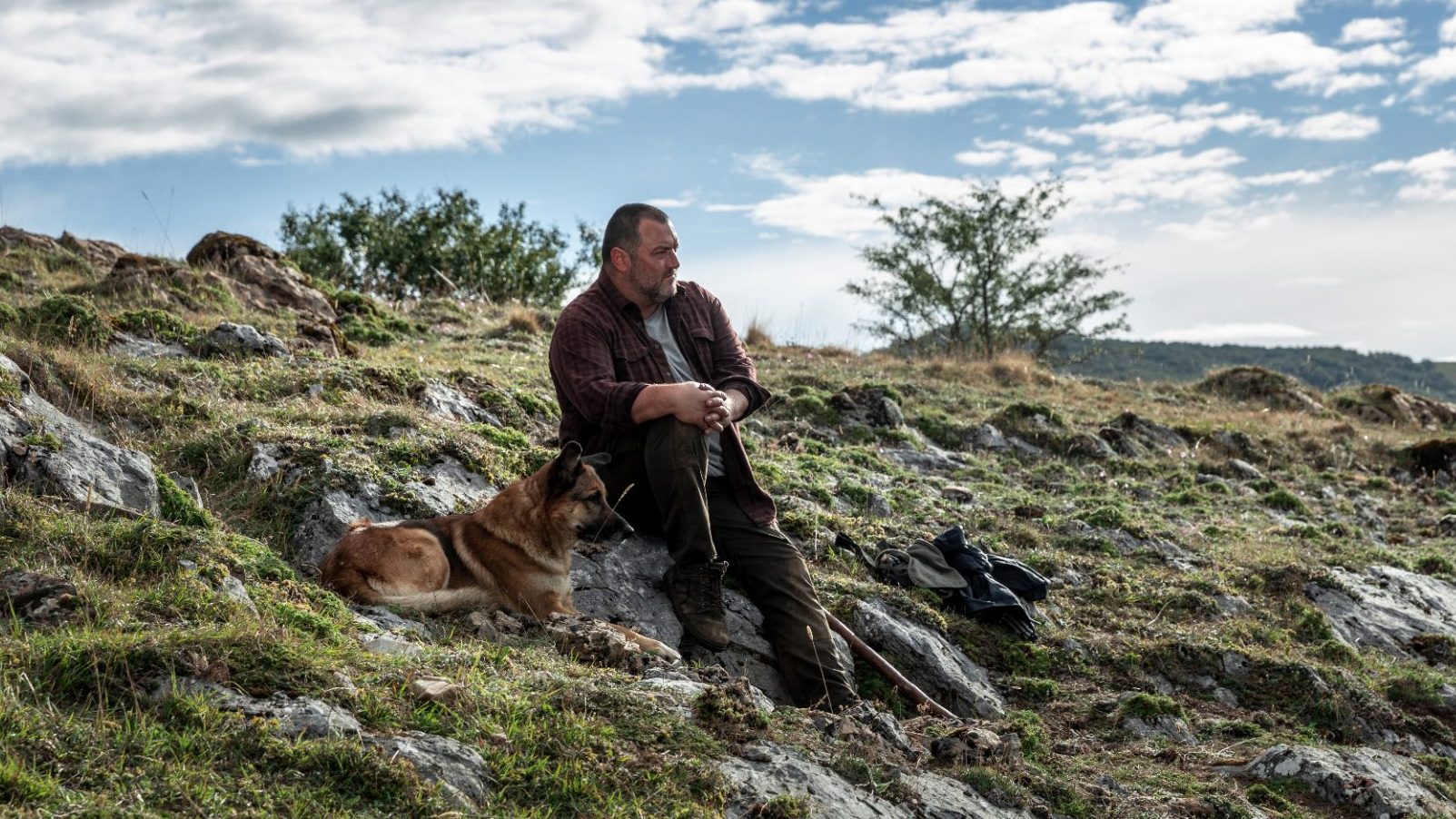Weary rock stars have often complained of the tedium of having to play their greatest hit night after night. Chaim Topol, who died earlier this month aged 87, took a different attitude. Between 1966 and 2009 the Israeli actor and singer performed his signature song, If I Were a Rich Man, over 3,500 times in multiple productions of Fiddler on the Roof, but he told the Times of Israel in 2015: “How many people are known for one part? How many people in my profession are known worldwide? So I am not complaining.”
Topol of course played Tevye the Dairyman, the proud Jew concerned with preserving his community’s traditions, and the actor’s very roots were in the Jewish struggle for survival. His parents had fled Poland in the 1930s and his father had fought to expel the British from Israel in the 1940s. Enlisting in the Israel Defence Forces at 18, Topol would play his own role in the preservation of the still-young nation, his inherent theatrical flair seeing him serve in an army entertainment troupe, including during the Sinai Campaign.
Topol would later tour with his own kibbutz theatre group and perform Shakespeare and Brecht at the Haifa Theatre, but his cinematic breakthrough came with Sallah Shabati (1964), Ephraim Kishon’s satire about the struggles of a Middle Eastern Jewish immigrant to Israel. The film would be nominated for an Oscar and Topol won a Golden Globe for the role.
While his Hollywood debut in Kirk Douglas vehicle Cast a Giant Shadow (1966) saw Topol play an Arab sheikh, Topol’s greatest impact was in portraying Jewish lives in mainstream English-language cinema, even if this was not always without controversy.
Even Topol himself had had grave doubts about Fiddler on the Roof at first. Of the original Broadway production, starring Zero Mostel, he later wrote: “I nearly fled from the theatre with my hands to my ears”, describing it as “reek[ing] both of the old golah (diaspora) as represented by the Russian Pale of Settlement, and the new one, as represented by New York: it seemed to reflect some of the worst features of both.”
But Mostel’s comic portrayal of Tevye was soon forgotten when Topol saw Shmuel Rodensky play him straight in a 1965 Israeli production, and within a year he was stepping in to play the role himself. Despite being only 30, he had a gravitas that made him convincing as the charismatic, ageing patriarch, and he was cast in the original London production of the show in 1967 despite the fact he hardly spoke any English. During the run, he took a week’s hiatus to return to Israel when the six-day war broke out, and he would release the album War Songs By Topol that same year. It was one of several LPs he made as a musical artist in his own right.
Norman Jewison’s on-screen version of Fiddler sealed Topol’s association with the role of Tevye forever. But although he bagged an Oscar nomination, attending the ceremony while on leave from the army, and won another Golden Globe, the film was not universally praised. Philip Roth would later dub it “shtetl kitsch”, and some objected to the addition of ideas about Jewish assimilation that were absent from the Yiddish short stories by Sholem Aleichem the story was based on. But, for many more, the film was a revelatory representation of the vanished world of Ashkenazi Jewish life before the wars.
Even in sci-fi flesh-fest Flash Gordon (1980), where he played maverick scientist Dr Hans Zarkov, Topol put the Jewish experience centre stage. As Nathan Abrams, professor in film at Bangor University, has pointed out, while the idea of the mad Jewish scientist was a stereotypical one, Zarkov’s backstory – deftly fleshed out in a scene where his life flashes before his eyes as he undergoes a brainwashing procedure – included another rare representation of Eastern European Jewry, as he is revealed to be a refugee from the Holocaust.
Zarkov later says he resisted the memory wipe by reciting “Shakespeare, the Talmud, the formulas of Einstein, anything I could remember, even a Beatles song… They couldn’t wipe those things away. You can’t beat the human spirit!”
Even if Topol was always synonymous with Tevye, his depiction of Jewish resilience on the screen went beyond that character, and through his service in the army, he exceeded mere representation of that resilience to actually live it.
TOPOL in five songs
Original London Cast of Fiddler on the Roof, Tradition (1967)
As Tevye the Dairyman, Topol lays out the world of Anatevka, the shtetl in the Pale of Settlement, in this opening number, concluding: “Without our traditions our lives would be as shaky as a fiddler on the roof!”
Topol, Ervinka (1967)
With a frothy 1960s pop flavour very different from Topol’s turn in Fiddler the same year, this was the title track to the Hebrew-language comic film directed by Ephraim Kishon in which Topol had first got noticed on screen.
Topol, If I Were a Rich Man (1971)
With his physical expressiveness and inimitable rich bass voice, Topol was the ultimate Tevye the Dairyman, embodying Jewish pride, and this is one of the greatest numbers in the history of musical cinema.
Queen, Flash’s Theme (1980)
On this track, dialogue from Flash Gordon tells us that “only Doctor Hans Zarkov, formerly at Nasa, has provided any explanation” for the aberrant natural disasters being inflicted on Earth by Ming the Merciless. Topol’s explicitly Jewish character had surprising relevance amid the camp absurdity of the film.
Chaim Topol, Hanna Levy Vroman, and Elinoar Moav, Jacob’s Ladder (2021)
Topol worked well into his later years, including playing Tevye on stage into his 70s, and this late release found his voice still undiminished.
Playlist: tinyurl.com/TNETopol




